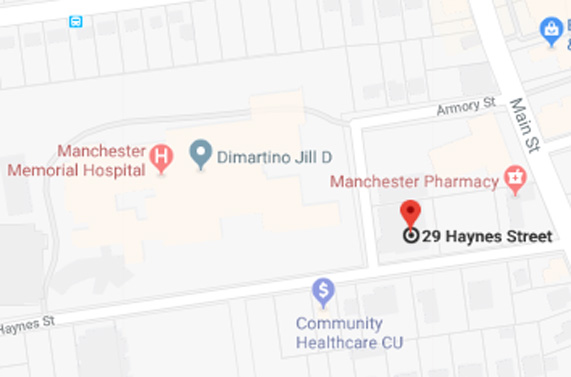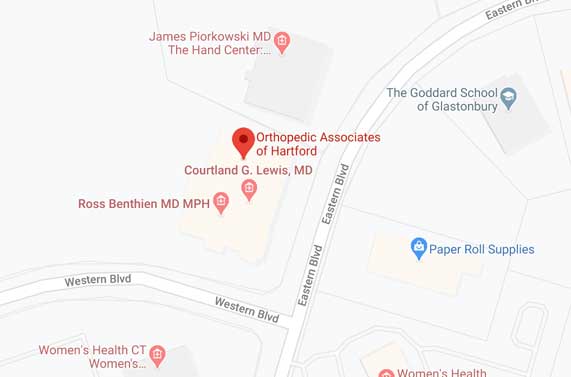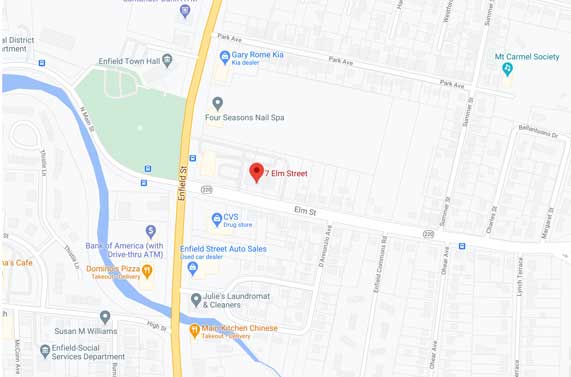Getting the Most Out of Your Office Visit
Your visit with your orthopedic surgeon is an important meeting that can be most effective if you plan ahead. It is important that you give us the information that we need so that we can gain an in depth understanding of your problem and factors that may influence your treatment and help determine its cause.
Before you go
Find out the office location.
What time should you arrive?
- Arrive 15 minutes before your visit if you have new patient forms to complete.
Make a written list of:
- Bring your insurance card and primary care referral, if necessary.
- Personally bring your x-rays and records to the office. The emergency room, hospital or your referring physician will not guarantee their arrival in time for your visit.
- Your medications and herbal supplements
- Your medical history, even if not related to your current problem
- Your surgery history
- Your allergies and the kind of reaction you have to each medication
- Your concerns about your current condition
We try to anticipate many of the questions that will arise when we discuss treatments, especially surgery. Some of the most common questions that are covered in an office visit include the following:
- Review the material you were given in the office.
- Make a list of questions that you did not ask during your visit. Ask at the next visit or call the office to speak to our staff.
- Follow the instructions given in the office. Take the medication as prescribed for the full course. If you have an adverse side effect from the medication, call us and let us know so that a medication change can be made.
- Be honest and complete with your medical history.
- Stick to the point. It might be fun to share news about the children or your boss, getting to the point and focusing on your problem will allow you to get the most out of your office visits.
- Take notes on what you are told in the office.
- Ask questions if you do not understand what you are told.
- Ask about what you might expect from your treatment, what effect it might have on your daily activities and what you can do to prevent further disability.
- Ask for handouts that you can review at a later time.
- Refer to the American Academy of Orthopedic Surgeons web site for additional information.
- Talk to the other members of our orthopedic team such as our physician assistant, our medical assistants, or therapists.
- Our office will help you verify that the surgery is covered by your policy.
If you decide to go ahead with the surgery, check with your insurance to see if your coverage requires you to obtain a managed care medical evaluation or clearance before the surgery.
- What is the treatment or procedure being recommended?
- Why is it being recommended?
- What are the alternatives?
- What are the benefits of the procedure?
- What are the risks of the procedure?
- What will happen if I do not have this procedure performed?
- If I want a second opinion, whom can I consult?
- Will I need any tests or medical evaluations before the surgery?
- What type of anesthesia is to be used?
- Will I have pain following the surgery? How will that pain be managed?
- How long will recovery take? Will I need assistance at home?
- Will there be any disability after surgery?
- Will physical therapy be necessary?
- When can I return to work?
- Where can I get more information about this procedure?


